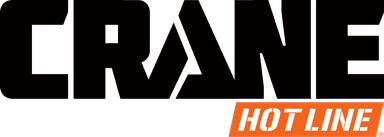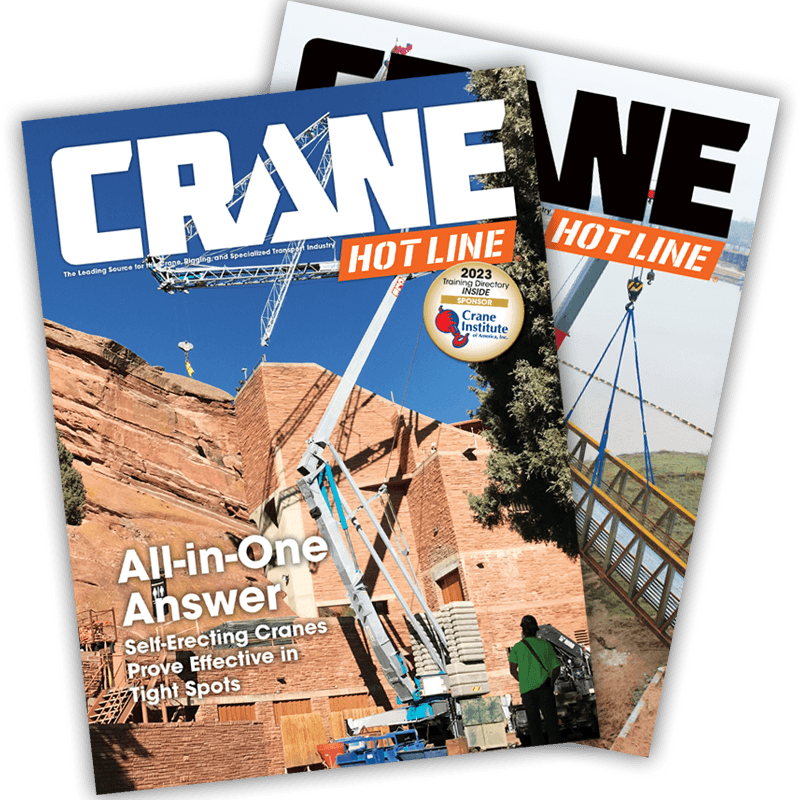Lost in the Shuffle
Jim Hoogervorst, CEO of Highlift Equipment Co., Elko, Minn., specializes in knowing Lull brand telescopic handlers. He served as the former manufacturer's general manager and vice president of sales and marketing for 27 years. Then in 2002, along with other Lull experts, Hoogervorst started Highlight Equipment to offer parts, service, and troubleshooting expertise for owners of out-of-production Lull models. In an exclusive interview with Editor Tracy Bennett, Jim comments on the need to support old, but still highly productive equipment, lost in the shuffle of mergers and acquisitions. You can reach Jim at highlift@aol.com.

Jim Hoogervorst
October 20, 2004—
360: Why was Highlift Equipment started?
JH: With the consolidation of the equipment distributors over the past 10 years, the need for parts and service has been amplified. When fleet owners buy used equipment at auction or from rental yards, they want to know where they can get parts and who can fix the machine when it needs repair. The smaller the piece of equipment, the bigger the problem seems to be. The average telehandler has a working life of 15-plus years. We formed Highlift Equipment to be a source for replacement parts and service expertise for the nearly 25,000 owners of Lull telehandlers.
360: What is Highlift Equipment's area of expertise?
JH: Lull's bankruptcy, its sale to Omniquip, then to Textron, and finally to JLG has caused knowledgeable people to leave and important product information to be lost. That's not to say that telehandler owners shouldn't be smiling about JLG's purchase of Lull and SkyTrak brands from Omniquip. JLG is a company that knows equipment owners' needs. They build high quality machines and offer excellent product support. Since moving assembly and parts distribution to
But if you own a machine built by Lull Engineering, Lull Corporation, Lull International, or Omniquip from 1970 to 2001, Highlight Equipment can help you get answers to your service problems.
360: What are the biggest challenges your customers face when it comes to maintaining those older models?
JH: Often it is getting their hands on hard-to-find parts or finding knowledgeable service advice. Here's just a sample of the most common service issues we help troubleshoot:
- If the hydraulic functions perform too slowly, the problem might be the pilot pressure, priority charge valve, a bad pump, or the main relief setting.
- If the hydraulic oil is heating up, you might need to check the priority charge valve or determine if oil is going over the relief.
- When the telehandler won't move forward or backward, we'll take a look at the park and/or service brake pressure switch, determine if there is a shifter malfunction or microprocessor failure. Maybe there is moisture in the shifter circuit.
- When the left front tire comes off the ground it could be that the pressure reducing/relieving cartridge is defective.
- Charge valve, hydraulic pump, or accumulator failure could cause low pilot pressure.
360: When components fail, should equipment owners choose to repair or replace those parts?
JH: With labor rates as high as they are, often it is quicker and less expensive to replace a component than to repair it. Electronic components, hydraulic valves, microprocessors, and shifters are a few examples of components that ought to be replaced rather than repaired. Equipment owners should remember that the new component is warranted by the manufactuer and not by the company that did the service work, often called a hidden cost.
360: What trends do you see in parts and service for the lifting equipment market?
JH: I believe that parts and service problems are just beginning. Many companies that sell and rent telehandlers do not have technicians capable of doing major repairs. Machines sold from these facilities will not hae adequate product support. In order to protect their investment, these equipment owners will be looking for sources to meet their parts and service needs. Look for companies, not affiliated with equipment distribution, to begin specializing in product support.


